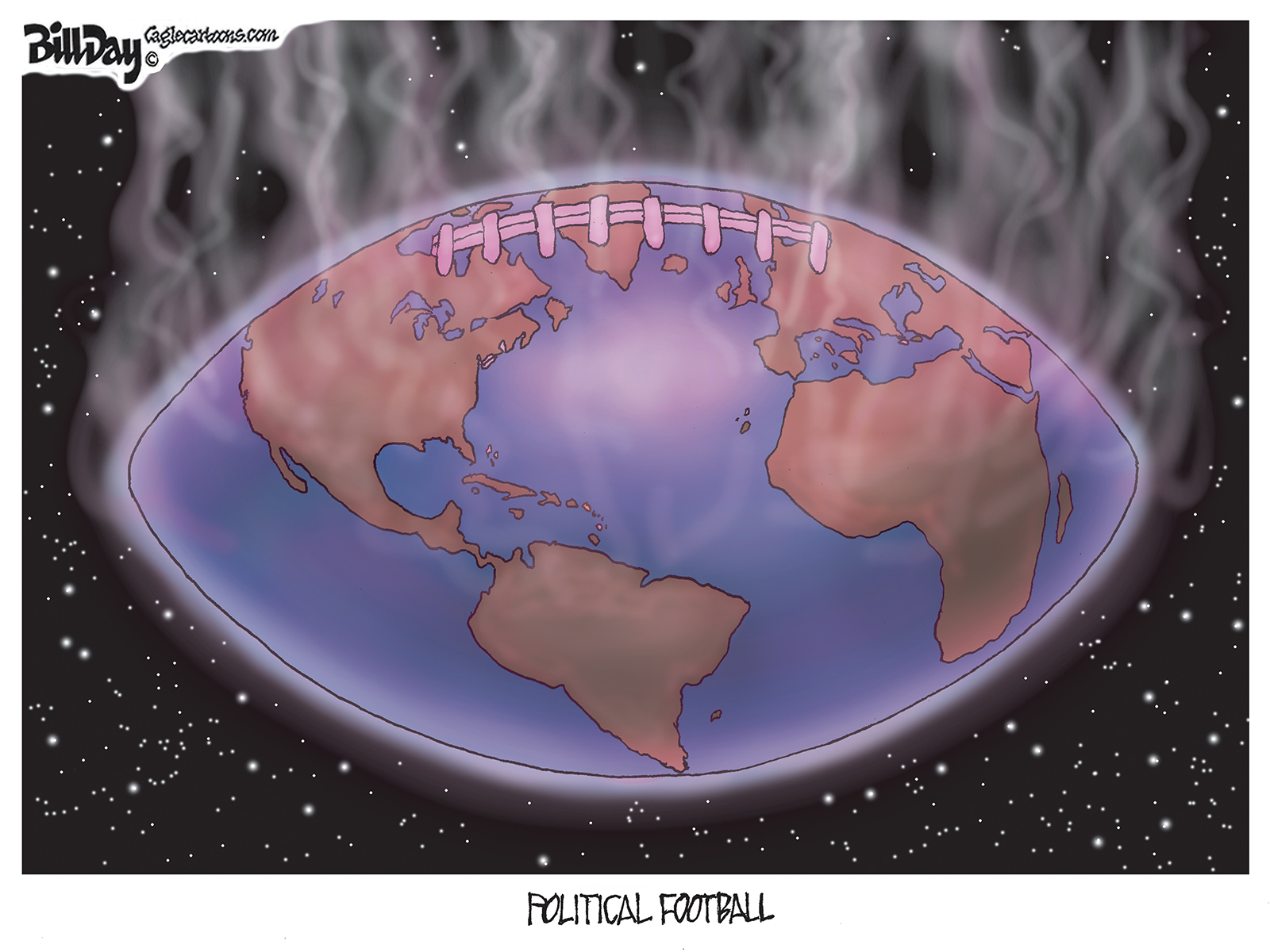There’s nothing harder than trying to change the culture of a bureaucratic organization, as Mayor Wharton knows full well. Here’s the latest advice from New York City Deputy Mayor Stephen Goldsmith:
Job routines are comfortable, especially in government. Going “by the book” produces certainty about how a job should be accomplished, provides guideposts for conduct (especially for new actors) and generally insulates against mistakes that can produce negative media attention.
But when work is reduced to a routine, innovative breakthroughs become rare. Lacking the feedback mechanisms of a market, these routines become barriers to change since individual employees have little incentive to exercise discretion or to innovate.
A big part of my role in New York City is to help Mayor Michael Bloomberg achieve his goal of continuously improving every aspect of city operations. This entails challenging bureaucratic conventions that aren’t producing public value.
This hit me in a recent meeting with community leaders in Queens. Some of these local leaders owned small businesses, and they used the meeting to express frustration at how government made it difficult for them to succeed. Several leaders complained about city inspectors in general, and health inspectors in particular. Feedback of this type is hard to come by — it is risky to complain about the person who inspects your business — but it is critical for officials who want to learn how they can improve.
Sometimes small stories make a big point. One restaurant owner explained that his supplier sells him certain varieties of cheese that can safely remain out of the refrigerator for long periods of time. (Aficionados will tell you cheese tastes best at room temperature, too.) However, city health inspectors, very professionally trained and operating in a highly regarded agency, still primarily enforce rules dictating that cheese be kept at or below 41 degrees when not in direct use. Inspectors of all kinds often are reduced to rule enforcers. I realized that our inspectors had gone from policing whether the cheese is safe to whether it is cold. In doing so, we were imposing real costs (including possible fines) and inconvenience on a struggling small business. How the kitchen inspectors exercised their authority is important to business owners, and it is also important as a metaphor about change.
Read the rest here.




Great post.